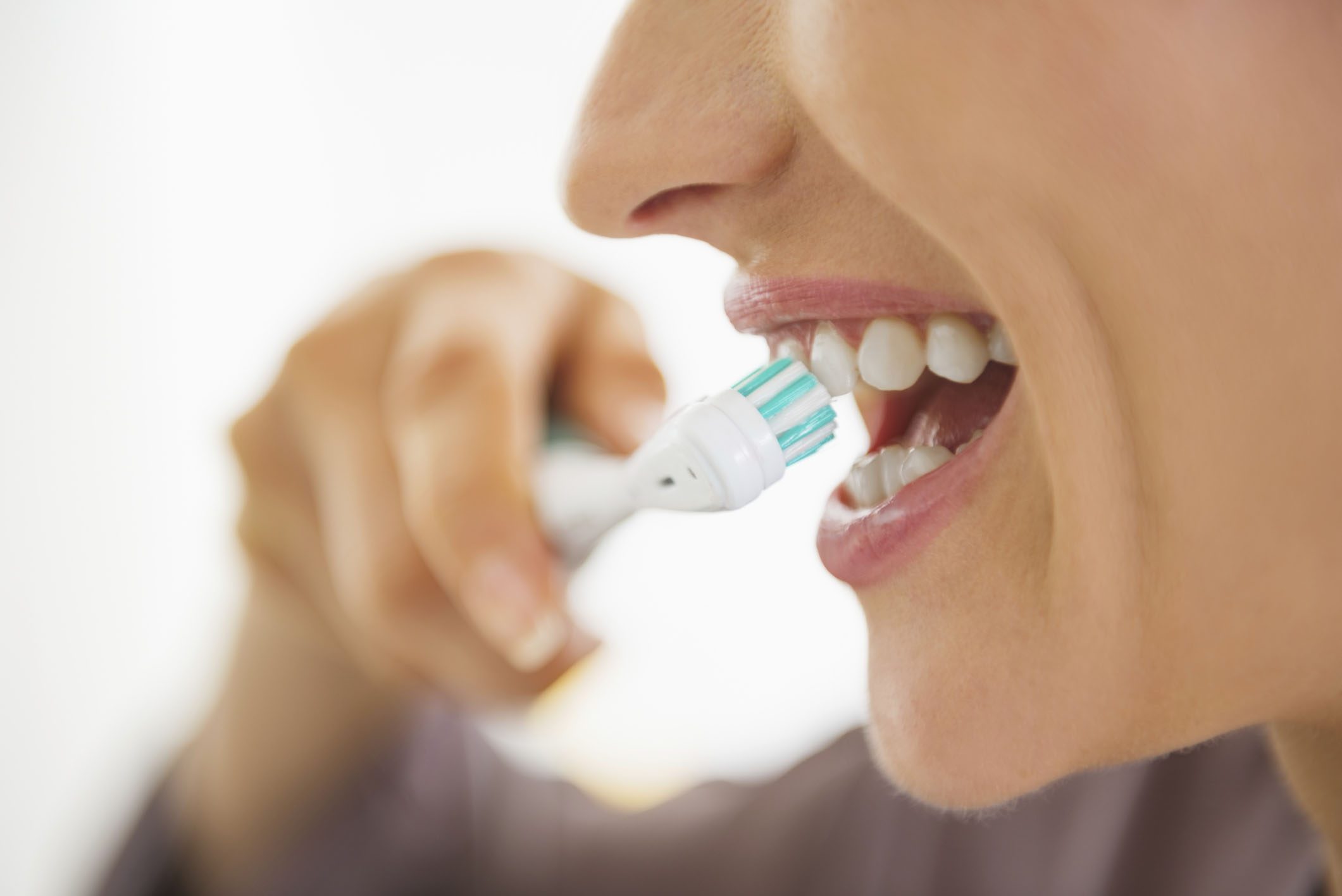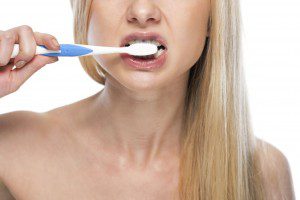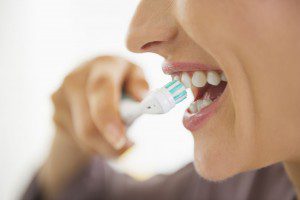 It’s no mystery that we should be brushing our teeth twice a day in order to maintain our oral health, but it’s important to remember that your toothbrush is a tool and you need a great tool to do the job correctly. We use it to remove food debris and bacteria from our teeth, and like many tools, it requires proper care in order be effective.
It’s no mystery that we should be brushing our teeth twice a day in order to maintain our oral health, but it’s important to remember that your toothbrush is a tool and you need a great tool to do the job correctly. We use it to remove food debris and bacteria from our teeth, and like many tools, it requires proper care in order be effective.
To minimize bacteria, the toothbrush must be kept clean. It should be washed thoroughly with tap water after each use to remove food particles and leftover toothpaste. When stored, keeping it upright will allow excess water to drain from the bristles, less likely to grow bacteria. If you need to store it in a closed container (for example, when traveling), try to dry it using a clean towel beforehand.
From time to time, sanitize your toothbrush with antibacterial mouthwash. You can even toss it in the dishwasher to kill bacteria. There are also professional sterilizers that utilize ultraviolet light to sanitize toothbrushes available on the market.
The average toothbrush should last 3-4 months, but if it shows signs of wear it needs to be replaced. Bristles that are frayed, loose, or falling out, or any cracking plastic are all replacement signs. Even if the toothbrush is in good condition, you should consider replacing your toothbrush after you’ve been ill. Continuing to use a toothbrush after you’ve been sick will continue introducing bacteria into your system, making you more susceptible to further illness and dental issues.
If you would like more information about toothbrushes, contact Dr. Rosenbuch at (561) 394-7888 or visit our website at www.cliverosenbuschdds.com.
Dr. Rosenbusch proudly serves Boca Raton, Delray Beach, Deerfield Beach, Coral Springs, Boynton, Ft. Lauderdale and all surrounding areas.










